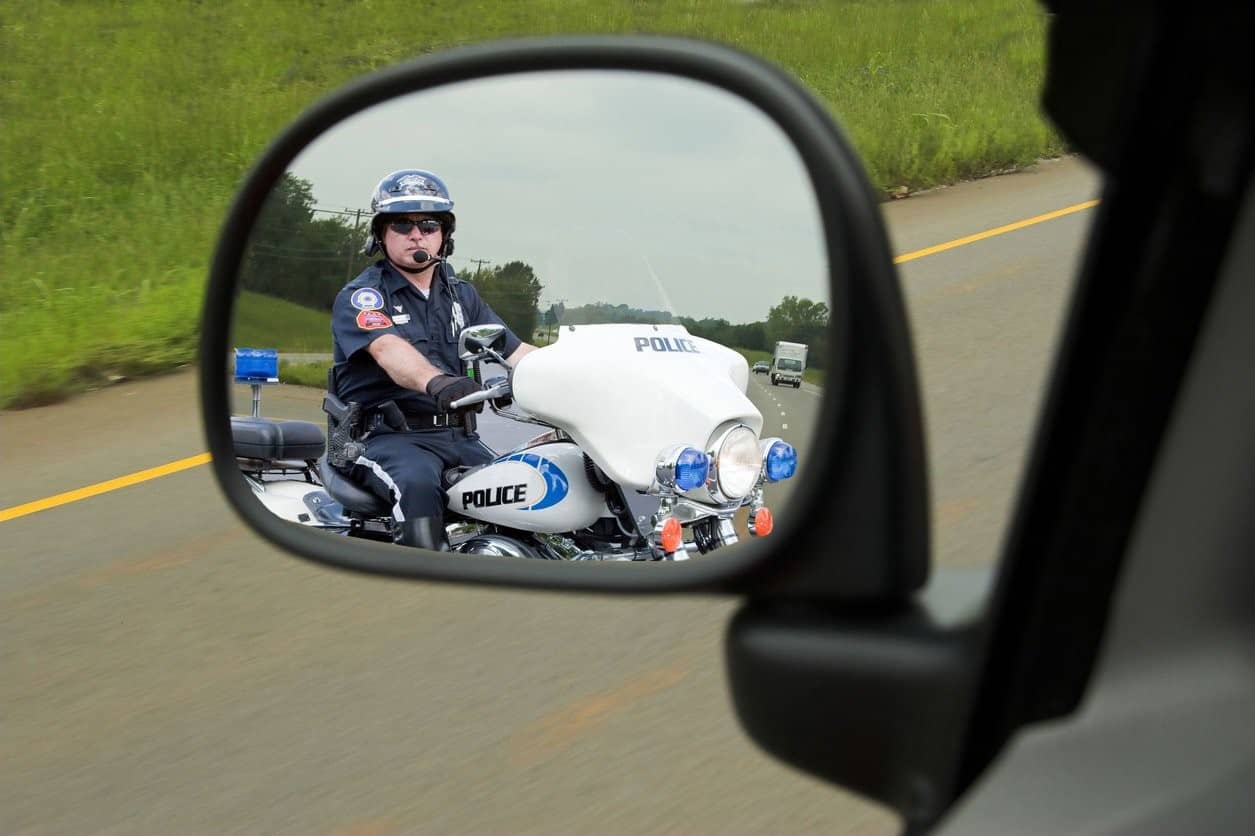Colorado Theft Laws: Penalties and Defense Strategies
July 1, 2025

Colorado has made impaired driving a top priority in order to reduce the number of alcohol and drug related injuries and deaths on our roads. For that reason, it’s imperative to understand the different impaired driving offenses you could potentially be arrested for, as well as the specific penalties associated with each one.
Whether you feel impaired or not, you are legally not allowed to drive if your blood alcohol content (BAC) is 0.08 or higher. If someone is under 21 years of age, the legal limit for them is 0.02.
You can be arrested and convicted of a DUI if you are deemed “substantially incapable” of operating a vehicle after consuming alcohol, drugs, or prescription medications, as well as having a BAC of 0.08.
For a DUI offense, you will be facing numerous penalties that could include jail time, fines, public service, license suspension, an ignition interlock device, and other costs or fees.
For most states, the legal alcohol limit is 0.08. If your BAC is lower than that, you can’t be arrested for DUI. However, Colorado is one of the states that has an additional law on the books that says you can be arrested if your BAC is between 0.05 or 0.08 – DWAI.
You can be arrested and convicted of a DWAI if your ability is impaired to the “slightest degree” by alcohol, drugs, or prescription medications, as well as having a BAC between 0.05 and 0.08.
The penalties for a DWAI include:
While a DUI can be given for alcohol or drugs, it most often refers to alcohol. If drugs other than alcohol are involved, Colorado sees it as a DUID charge.
Along with operating a car under the influence of alcohol, a driver can be pulled over for operating a car under the influence of one or more drugs, or as a habitual user of any controlled substance.
The law also states that in instances where THC is identified in a driver’s blood in quantities of 5ng/ml or higher, “such fact gives rise to permissible inference that the defendant was under the influence.”
If you find yourself being charged with a DUI, DWAI, or DUID, reach out to an experienced Colorado DUI attorney with a strong track record in these types of cases to help you reduce, drop, or dismiss the charges and potential penalties you could face.
If you need more help, consider checking out these helpful resources:
National Highway Traffic Safety Administration
Drugged Driving Information from the Department of Transportation
About the Author:
Denver-based criminal defense and DUI attorney Jacob E. Martinez is a knowledgeable and experienced litigator with a record of success providing innovative solutions to clients facing criminal charges of any severity. Mr. Martinez has been designated a Top 100 Trial Lawyer by the National Trial Lawyers and has been awarded both the Avvo Client’s Choice Award and Avvo Top Attorney designation, evidencing his reputation for his exemplary criminal and DUI defense work and high moral standards.
Jury Trial - Not Guilty
Jury Trial - Not Guilty
Arapahoe 1st Degree Assault/Vehicular Assault
Jury Trial - Not Guilty
Denver Domestic Violence Assault Case
Jury Trial - Not Guilty
Denver D.V. Assault
Jury Trial - Not Guilty
Denver Careless Driving Resulting in Death
Jury Trial - Not Guilty
Jefferson County Felony Menacing
Jury Trial - Not Guilty
Adams County DUI
Jury Trial - Not Guilty
Jefferson County DUI
Jury Trial - Not Guilty
Jefferson County DUI
Jury Trial - Not Guilty
Jefferson Vehicular Assault/DUI
Jury Trial - Not Guilty
Jefferson County DUI
Jury Trial - Not Guilty
Boulder County DUI case
Jury Trial - Not Guilty
Arapahoe County DUI case
Jury Trial - Not Guilty
Adams County DUI case
Jury Trial - Not Guilty
Douglas County DUI case
Jury Trial - Not Guilty
Gilpin County DUI case
Dismissed
Broomfield County Probation Revocation case
Dismissal
Arapahoe County DUI case
Deferred Judgment
Arapahoe County DUI case
Deferred Judgment
Douglas County DUI case
Deferred Judgment
Larimer County DUI case
Deferred Judgment
Arapahoe County DUI Case
Deferred Judgment
Denver Felony Burglary Case
Deferred Judgment
Arapahoe County DUI case
Dismissed
Arapahoe County Protection Order Case
Dismissed
Golden Destruction of Property case
Dismissed
Jefferson County Protection Order case
Dismissed
Jefferson County Domestic Violence case
Dismissed and Sealed
Jefferson County DUI case
Dismissed
Denver Major Traffic Offense case
Dismissed and Sealed
Broomfield County Domestic Violence case
Dismissed
Summit County DUI Revocation
Dismissed
Denver DUI Revocation
Dismissed
Denver DUI Revocation
Dismissed
Denver DUI +.2 Involving Accident and Injury case
Dismissed
Denver DUI/Habitual Traffic Offender case
DISMISSAL
Denver District Aggravated Theft
Dismissed
Greenwood Village Assault case
Dismissal
Elbert County DUI
Dismissed
Arapahoe County Domestic Violence case
Dismissal
Jefferson County DUI
Dismissal
Denver Municipal Assault
Dismissed
Boulder County Domestic Violence Assault case
Dismissed
Wheat Ridge Assault case
Dismissed
Jefferson County DUI case, with 2+ Prior Convictions
Dismissed
Arapahoe County Domestic Violence case
Dismissed
Broomfield County Domestic Violence case
Dismissed with No Charges Filed
Jefferson County Felony Theft case
Dismissed
Arapahoe County Felony Theft case
Dismissed
Boulder County Felony Theft case


